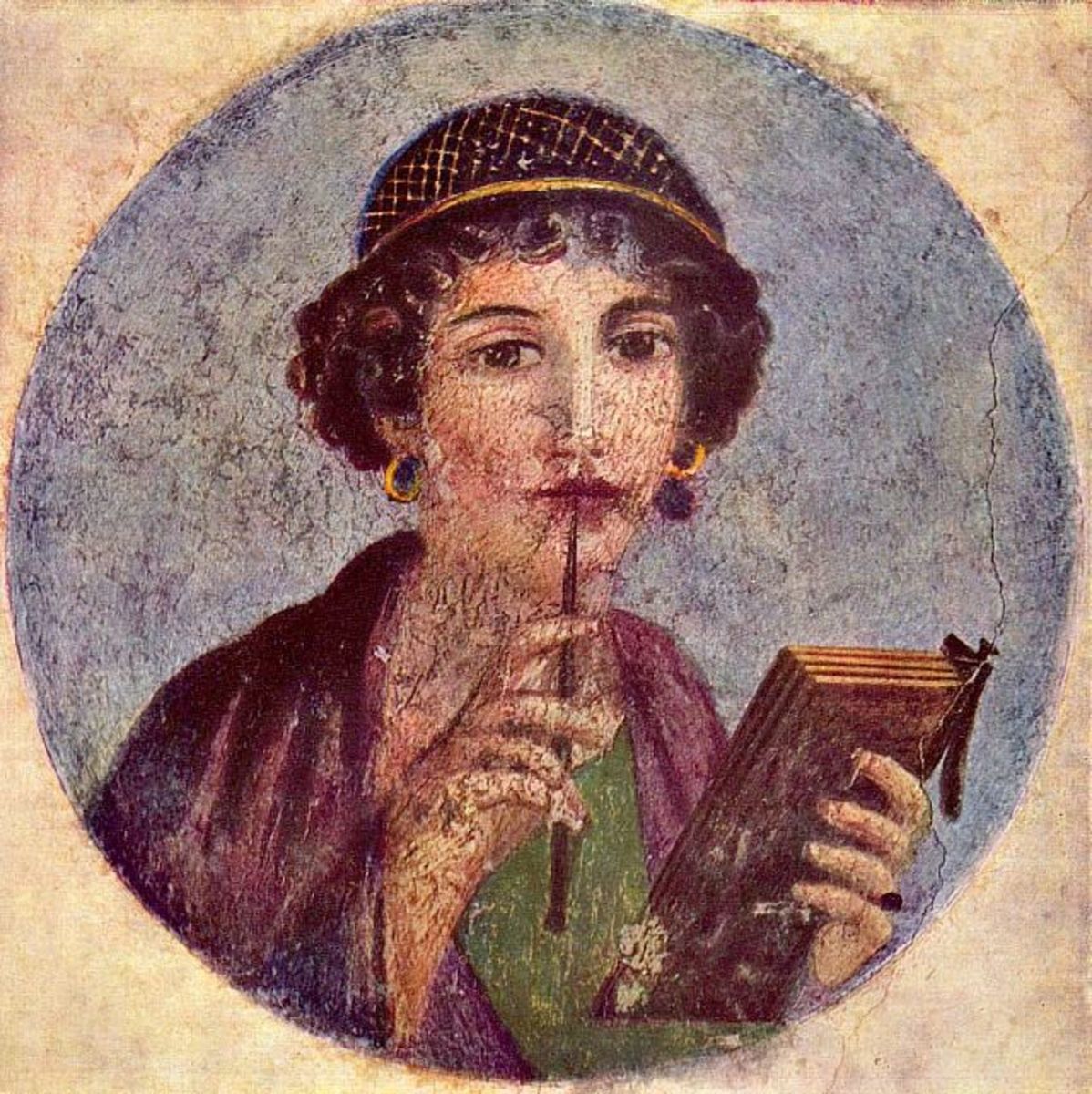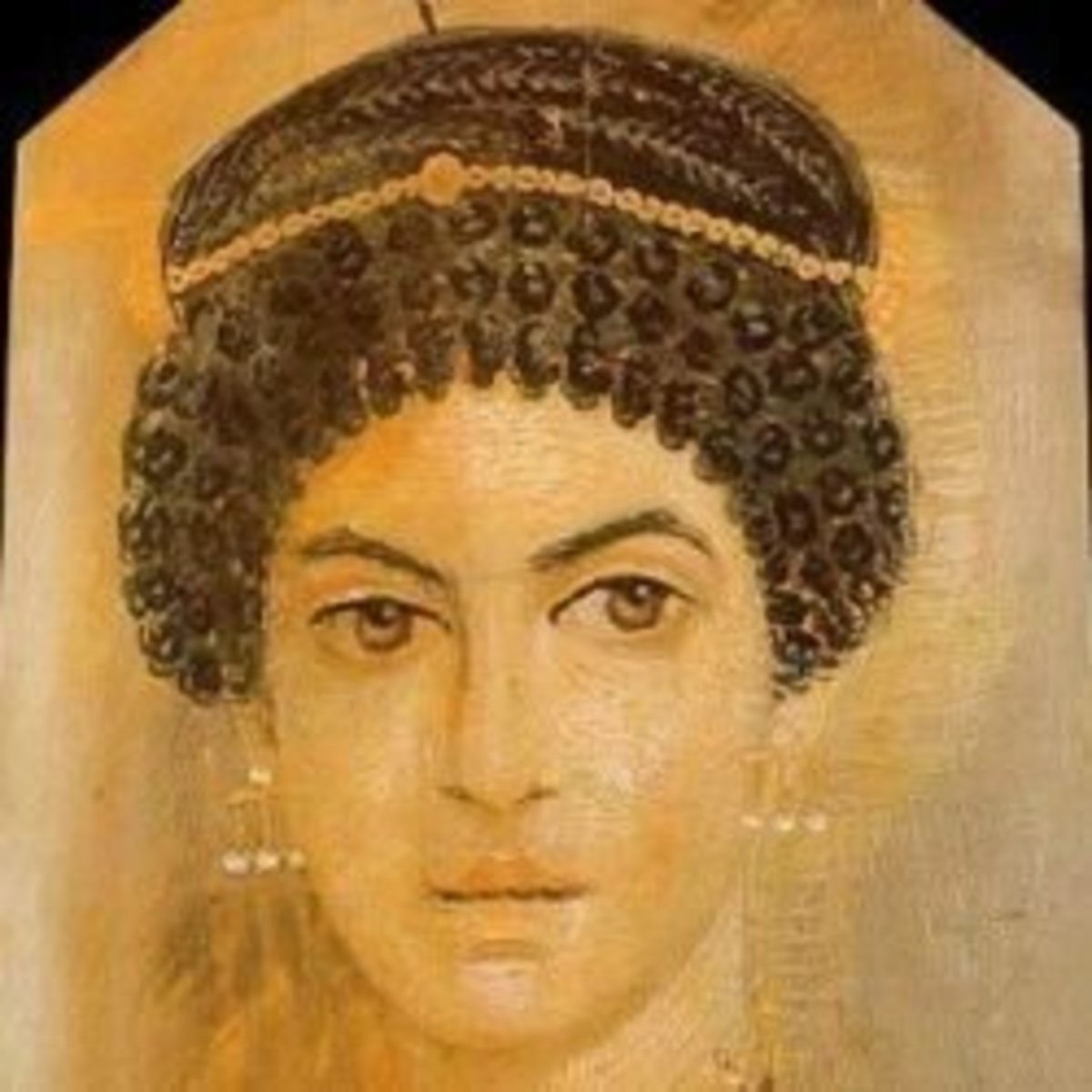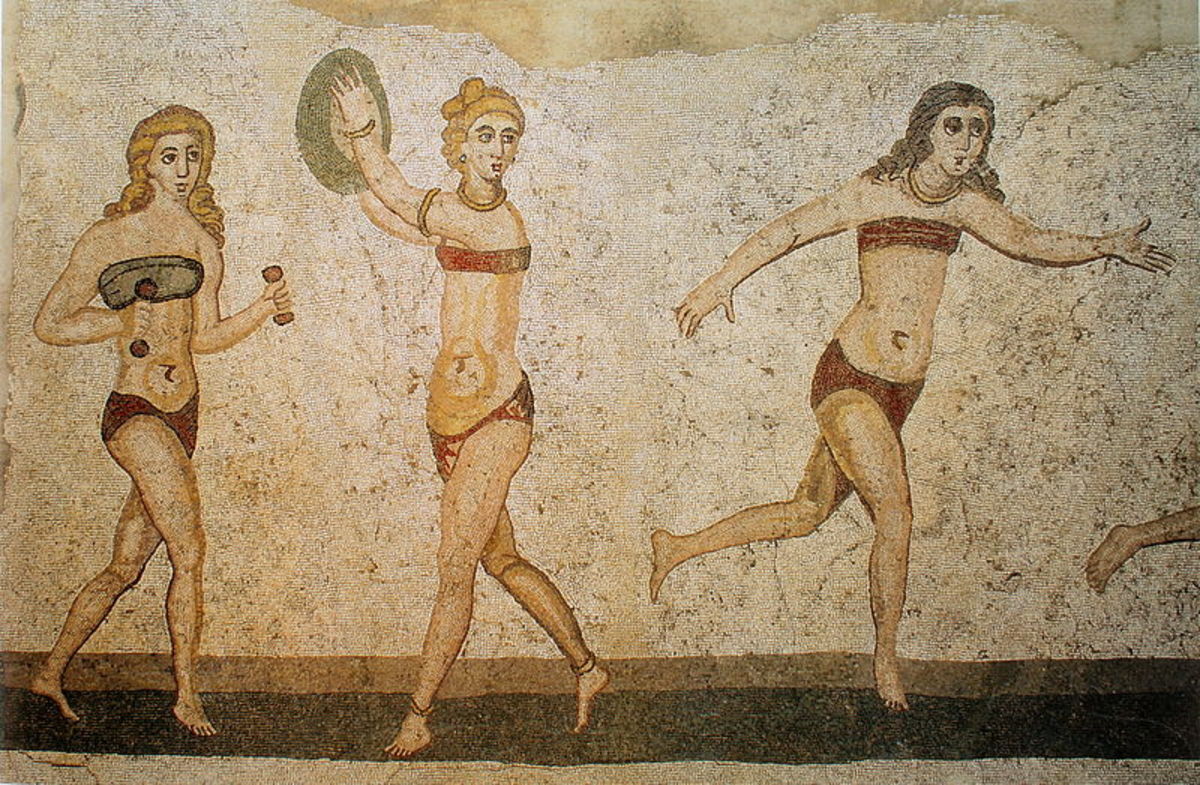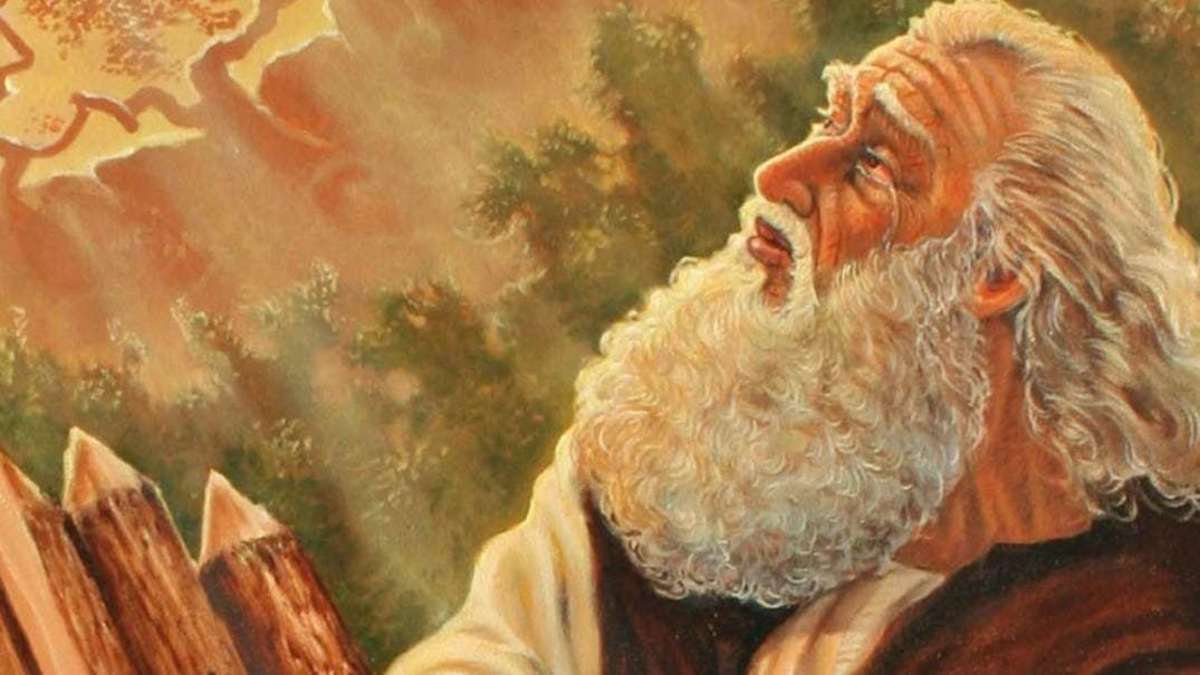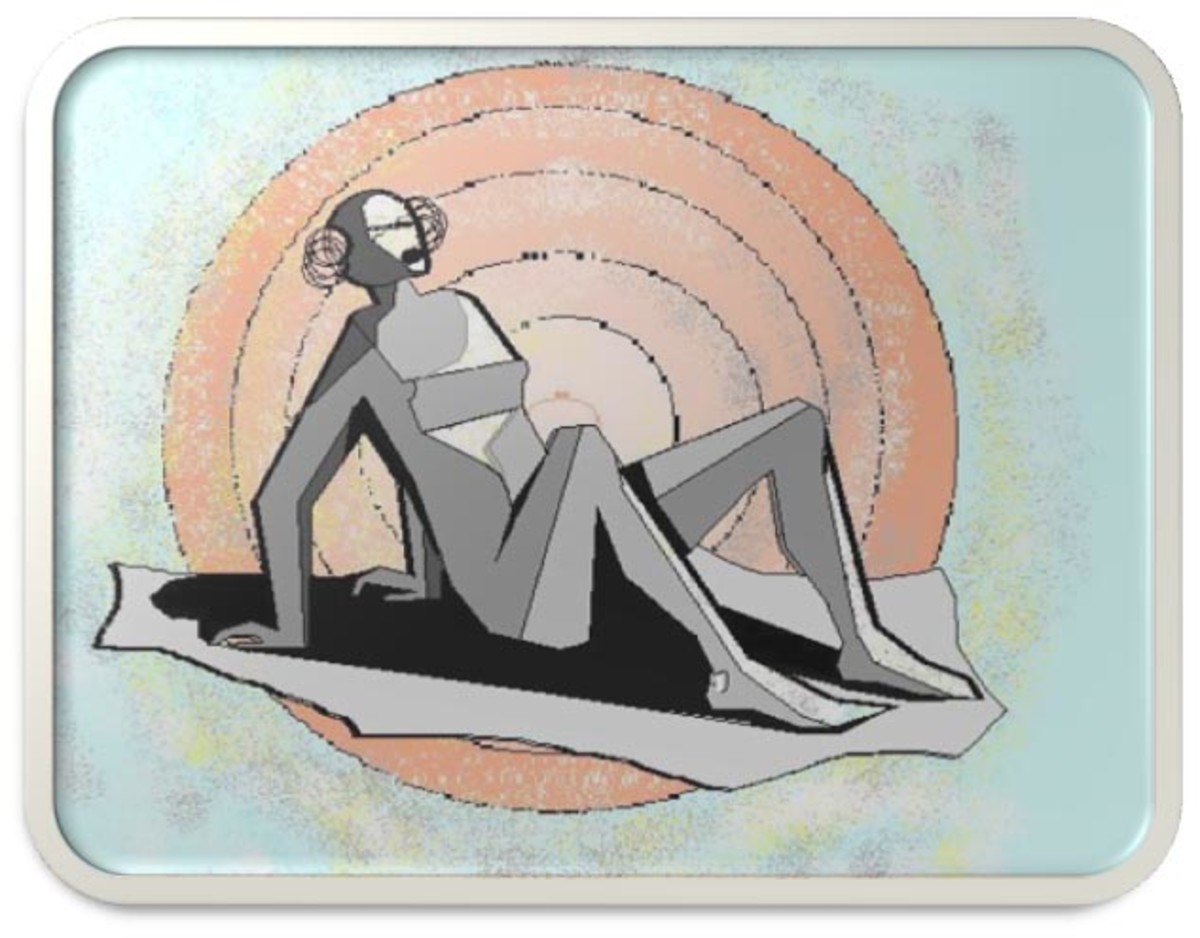Introduction to the Religion of Ancient Rome and The Gods Protecting Children - Fabulinus
As it is written in the Satiricon “plurtes di, quam homines" - “there are so many gods in our parts, that’s it easier to meet one, rather than a person”.
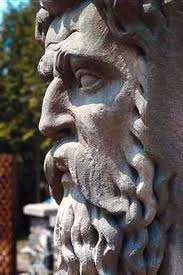
The people of Rome had no mythology, instead it used the historical legend. That resulted in having many deities, including the most trivial of things. According to saint Augustine in „De civitate dei" the following deities look after a new born:
- Vatikanus – god of the first cry,
- Fabulinus – looking after the baby`s firs words and teaching it to speak,
- Educa – teaching it to eat,
- Potina – teaching it to drink,
- Cuba – teaching him to lay in the cradle.
And after the child starts to go outside of it's home, a new set of gods look after it.
- Abeona – teaching it to go outside,
- Ireduca – gurading it while outside,
- Domiduca – helping it find his home,
- Adeona t ohelp him enter his home.
And according to Serviy, a harvester receives help from the following deities:
- Veruactor – god of the first harvest,
- Reparator – god of the second harvest,
- Imporcitor – god of the third harvest, the one ploughing,
- Insitor – the one who seeds,
- Obarator – of the top dressing of the fields,
- Occator -for growth and harvesting of the crops,
- Sarritor – weeding, and a few more.
Having so many gods to deal with the different aspects of a single matter, makes it look like the Romans had a primitive concept of spirituality. For instance if a Greek sees his gods as almighty, which may appear in a given moment, the Roman sees them only in the act they’re performing and naming every epithet separately. Thus we have:
- Juppiter Fulgur – god of thunder,
- Juppiter Fulmen – god of lightning bolt,
- Juppiter Lucetius – god of lightning,
- Juppiter Elicius - as god of rain.
The sheer variety and actuality of the gods, made for humorous statements by the christian theologists, whether or not did the roman gods split their duties not to get tired easily. This itself shows that the roman spiritual concept was on the verge of becoming a mix of animism and fetishism. A Greek can easily recognize Demetra in the blue eyes of a beautiful woman, but a roman can recognize his Cerera only in a growing seed. It's easier to recognize something only as an act rather than having completely visualized idea of an act in motion.This left the roman gods without personality.
According to Varon, 170 years after the city of Rome was established there were no statues of the gods. They were appeared later influenced by the Etruscan and Greek manner, but in the end they were still only statues. Besides viewing the act only as such, without the prospect of visualizing it lead to the shallowness of the roman spiritual concept. Every god is a god only for itself, while Hermes is rushing from Zeus towards the people and from there to Poseidon, and from there to Hades, from sacred realm to another. His movement on earth is only from a temple complex to another. The Romans make it unthinkable for a god to be, without his performed act - “templum”. it’s entwined with it, it is there.
In conclusion the Roman belief system is shallow, not iconic, actual, cold, with no fantasy, practical.
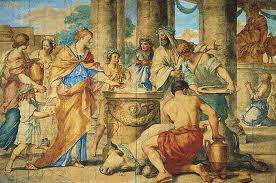
The main principle when establishing contact between the mortal and immortal is “Do ut des”, performed in an utmost shameless manner. A legal contract is made, between the gods and the people, that states that the people, will do as the gods will, in turn they will uphold their end of the contract. Should a mortal step over a clause of the contract, he will be legally charged for doing so. For instance a traitor in the Sabnian war, lied that the gods permit the use of force. The council gave the order to march, even thought he was aware of the lie, but a priest permitted it legally. So it was done. The battle was won, but the priest died in it.
In conclusion, the Roman cult is a formulated, detailed legal contract.
The city state of Rome, the Republic and later the Empire, have never allowed the country and the religion to be at each others throats. The Roman priests didn’t seek to see the future, only to see which future was preferable to their god for their country.


